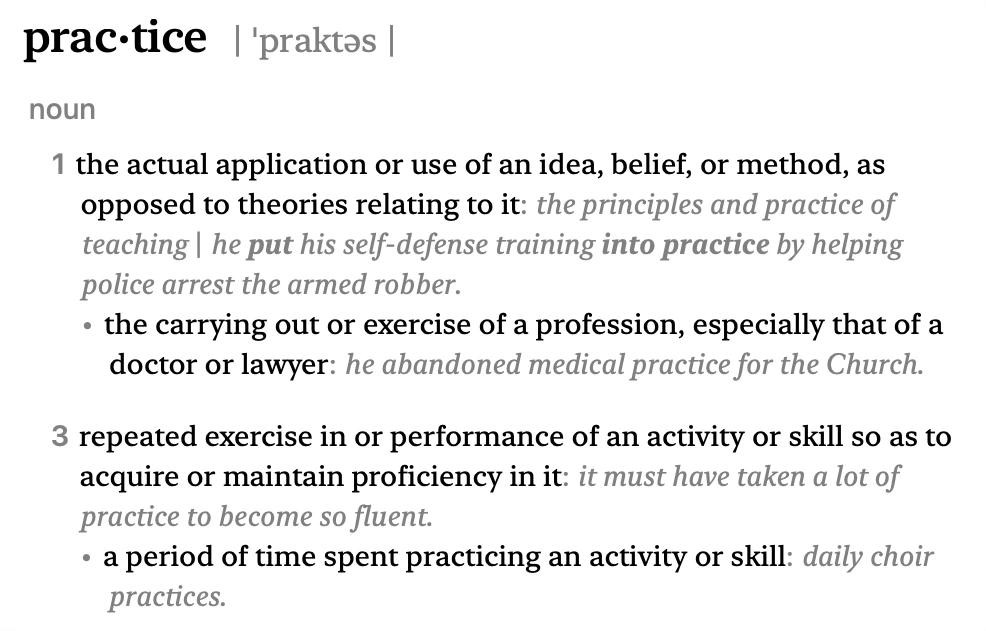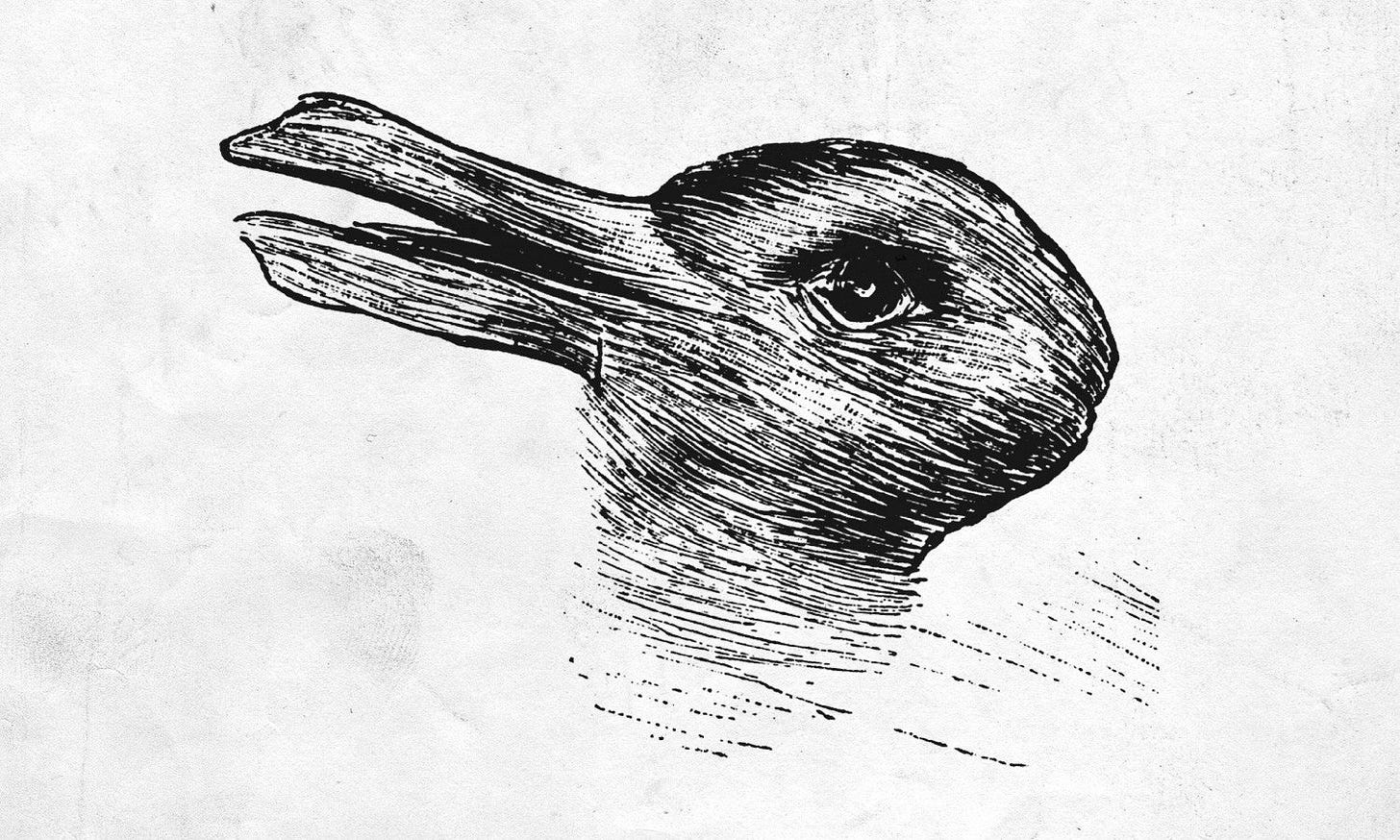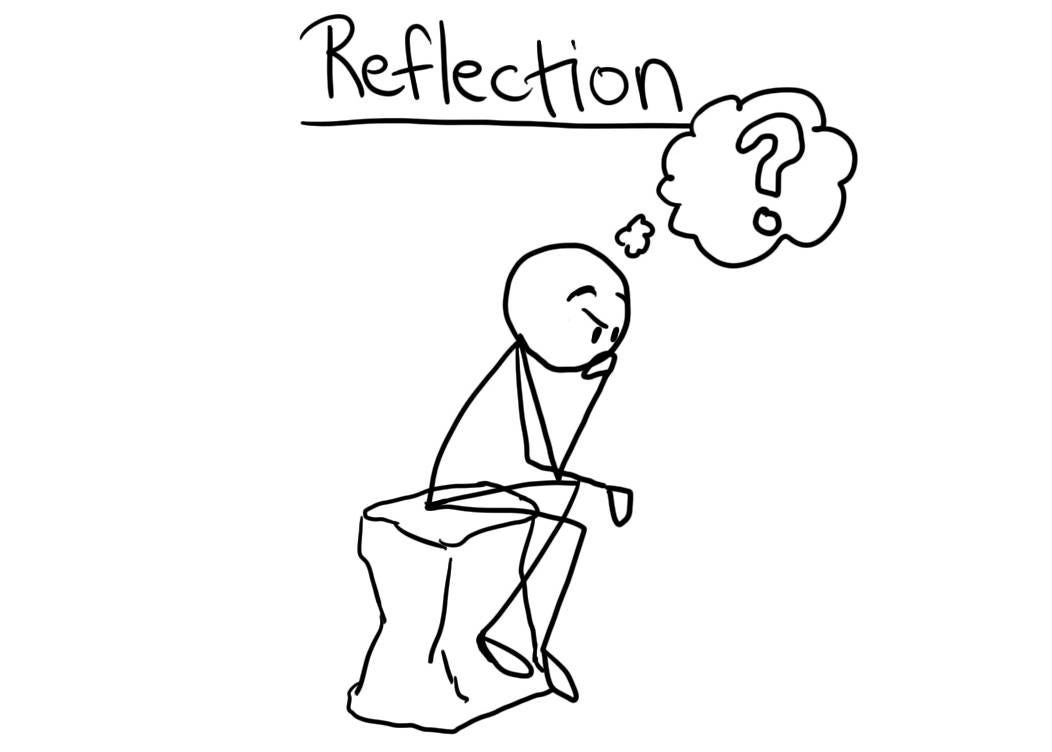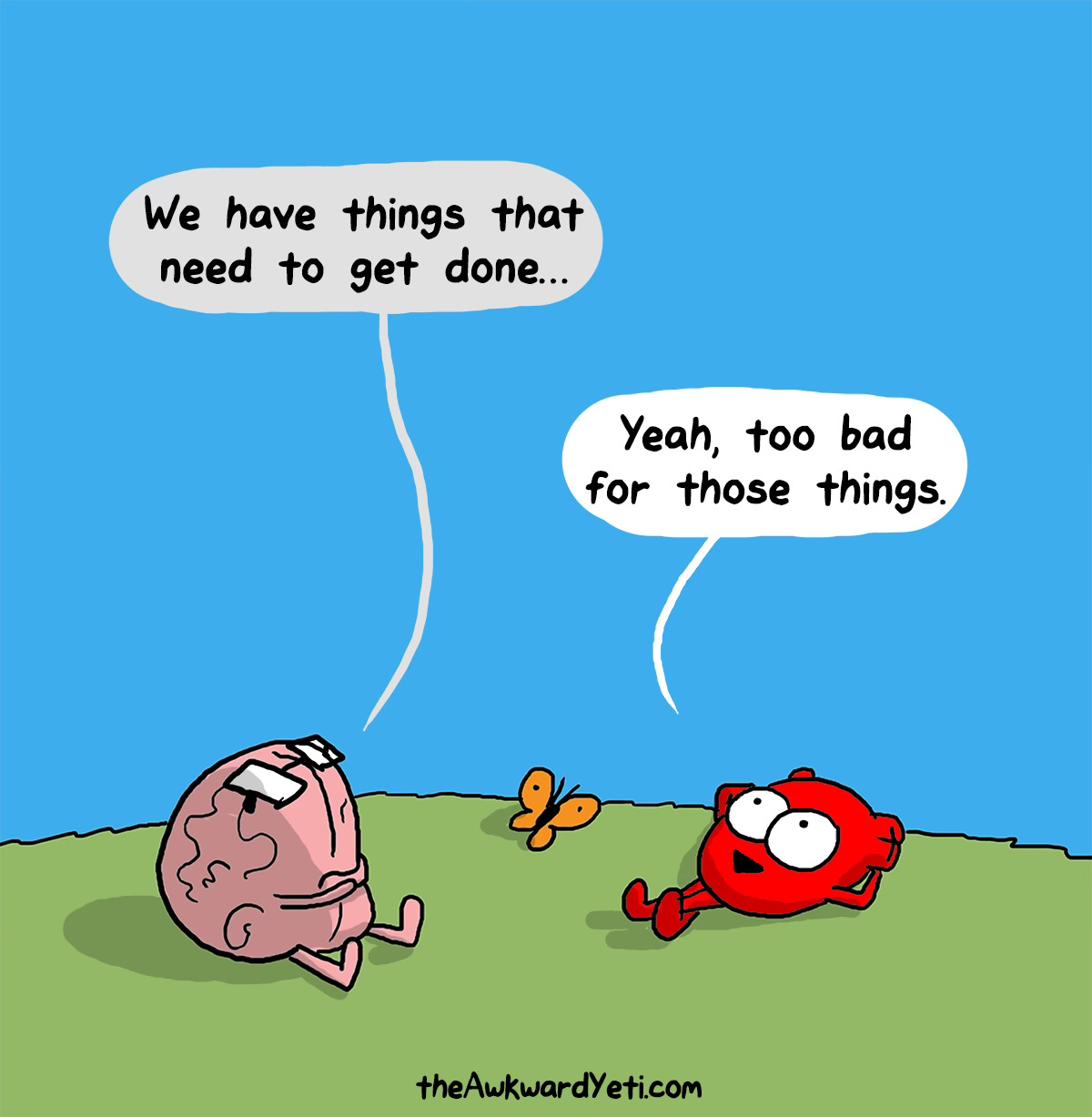How to Make Your Practices More Efficient (part 2)
How thinking like a gardener makes you more efficient
This is an adaptation of my 2025 AVCA webinar. You can watch the video here.
This is part two of this series. You should read part one first. You can find it here:
At the end of part one, I left you wondering what gardening has to do with coaching and how being a gardener helps you leave behind some folk coaching pedagogies.
Instead of thinking of coaching as a purely technical effort that only requires selecting the right tool at the right time like a carpenter, think of coaching as tending a garden. In gardening, you have to account for where the plants come from and where they’re going. And, even then, you still can’t be certain how things will turn out. Again, I’ll quote Gopnik.
“The good gardener works to create fertile soil that can sustain a whole ecosystem of different plants with different strengths and beauties - and with different weaknesses and difficulties, too. Unlike a good chair, a good garden is constantly changing, as it adapts to the changing circumstances of the weather and the seasons.”
(Gopnik, 2016)
How would a gardener think about practice?
If you look at the first definition of practice, you’ll see that it refers to what would commonly be thought of as the practice of coaching. This definition is about a profession; it is about applying ideas and beliefs. That’s what I want to focus on, the ideas and beliefs you apply to your practice. In other words, I want you to answer the question, “how do you practice your practice?” I’m asking you what makes your practice authentically yours.
"Authenticity refers to the level of consciousness and participation with which an individual experiences an event…The idea of authenticity adds subjectivity to experience, acknowledging the participation of the whole individual in generating meaning from an experience.”
- Judith Rink
Authenticity is how engaged with and integrated into a situation you are. Being authentic means leaving behind the folk pedagogy that limits what “practice” has to mean. Authenticity is important because sport is ambiguous, which means your perspective on a given situation matters.
Two competent coaches can observe the same situation and reach two very different but equally reasonable and accurate interpretations of that situation. It’s not that one of them doesn’t have the same information as the other, they each have different values and beliefs that lead them to draw different conclusions. Sport very rarely gives you an objective truth, it is much more subjective. There isn't the definition of practice, there's your definition of practice.
How does an authentic coach think about their practice? They ask themselves three questions.
Question of recognition: what kind of situation is this?
Question of identity: what kind of person am I?
Question of rules: what does a person such as I do in a situation such as this?
These questions form what decision making theorists call the “logic of appropriateness” (March and Heath, 1994) because they are designed to help decision makers construct appropriate actions for situations. They help with authenticity because they fully engage the questioner in their situation while also bringing the questioner’s attention to themselves. Asking yourself these questions is the beginning of a process that leads to more efficient coaching.
How would a gardener think about efficiency? Just as it was with the definition of practice, it turns out there’s more to the definition of efficiency, too. While coaching folk pedagogies would have you think about efficiency of systems, I’m inviting you to think about efficiency of people also.
The second part of the definition gives you a way to be efficient that doesn’t assume a highly predictable cause-effect connection. Being a well-organized and competent gardener-coach means engaging with what the situation offers and responding to that situation in a thoughtful, intelligent way. I believe a coach like that would ask themselves four questions that help them define their efficiency.
How?
How much?
How often?
How durable?
The first two questions, “how?” and “how much?”, allow the coach to consider what they will do to address the practices they value most and how much they will do the things they choose. The second pair of questions, “how often?” and “how durable?” are designed to address efficiency of those practices because they address the outcomes the coach hopes to see. Given that there is not a 100% certain connection between what the coach does and what happens, they consider how frequently they can reasonably expect the desired outcomes to appear. Given that performance is variable, the coach considers how regularly they can expect to see the desired changes over time. They consider how that frequency might change over time. The efficiency of their practices becomes how closely the actual outcomes come to the coach’s expectations. This view of efficiency offers you an opportunity to reflect on how different situations might prompt very different responses.
The questions above represent the beginning of what the philosopher Donald Schön called the “reflective discussion”.
"He shapes the situation, in accordance with his initial appreciation of it, the situation 'talks back,' and he responds to the situation’s back-talk. In a good process of design, this conversation with the situation is reflective. In answer to the situation’s back-talk, the designer reflects-in-action on the construction of the problem, the strategies of action, or the model of the phenomena, which have been implicit in his moves.”
(Schön, 1983)
The reflective discussion ties everything I’ve said here about practices and efficiency together. It starts when you use the logic of appropriateness to describe the situation you want to consider and choose what matters most to you in that situation. Once you’ve determined what you value most, you can choose methods that make the most sense to you and estimate how often you should expect to see positive outcomes from your efforts. Then you try those methods out and listen to what Schön called the “situation’s back-talk”. Over time, the feedback the situation gives allows you to see how efficient your choices were and suggests changes you could make.
To sum up, I recommend these steps to make your practices more efficient.
Choose your values (“practice” - logic of appropriateness)
Decide “how” and “how much” (authenticity)
Estimate “how often” and “how durable” (“efficiency”)
Measure efficiency by how close you come on any given day to meeting your estimate (reflective discussion)
Tweak “how” and “how much”, recognizing they may not be tightly correlated to “how often” and “how durable” (reflective discussion)
Repeat 3-5 as desired
Change your valued outputs and start again
When you leave behind folk pedagogies, it becomes clear that chasing efficiency as a goal of your practice isn’t nearly as helpful as using efficiency to help you determine what the goals of your practice should be. An efficient practice session isn’t one with no wasted time or effort, it is one in which you spent all your time pursuing things that matter most to you, regardless of how much “progress” was made. Being efficient means asking yourself how you want to practice your practice and reflecting on how well your actions match your words.
I’m curious to hear some of your thoughts. If you’re up to it, let me know in the comments how you answered the question of identity. How do you see yourself as a coach?








